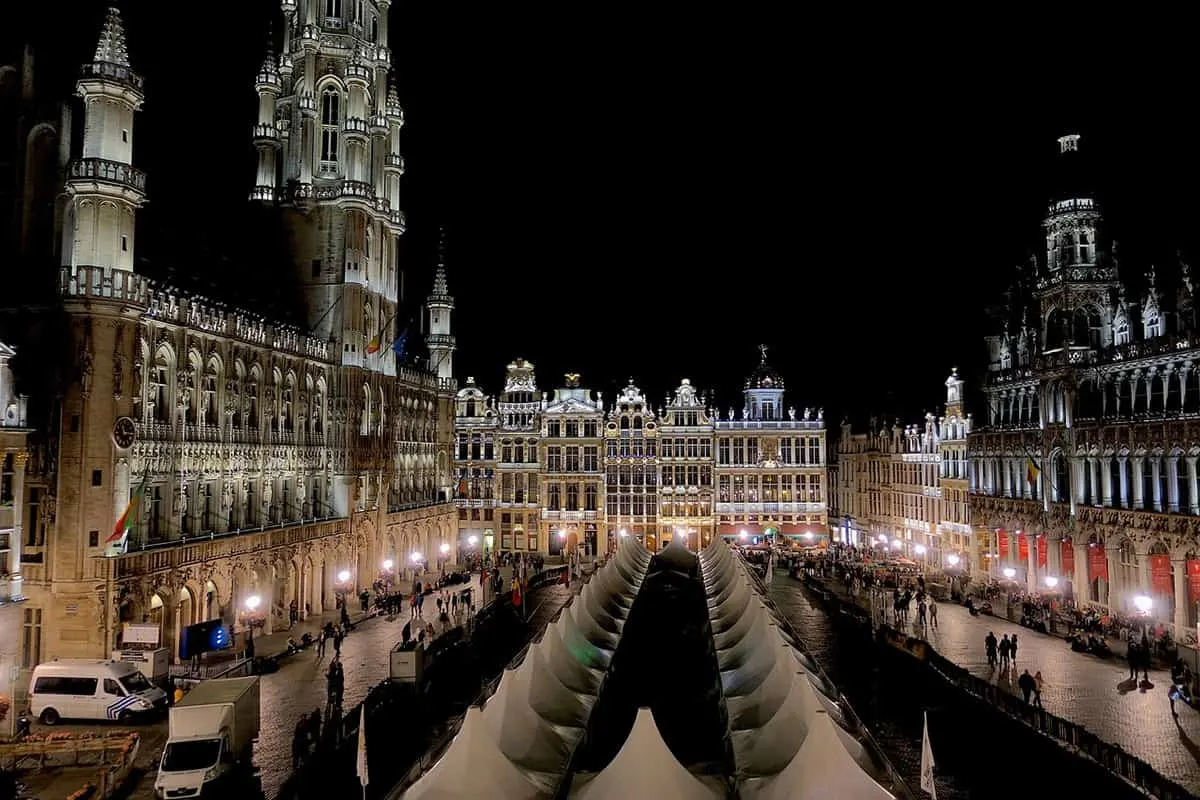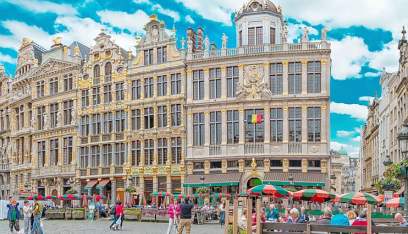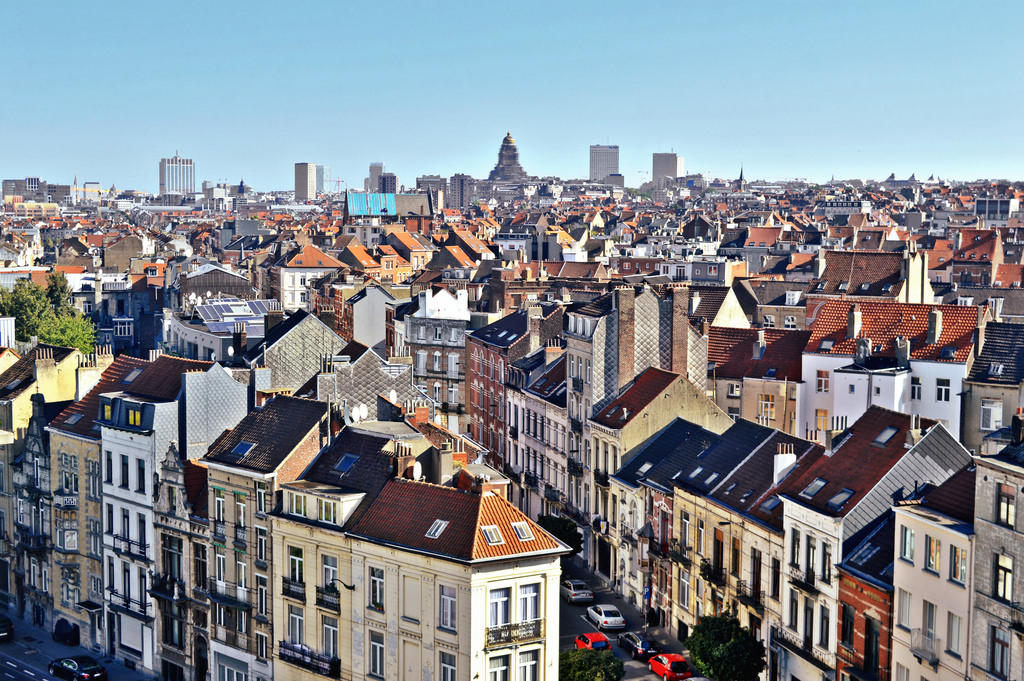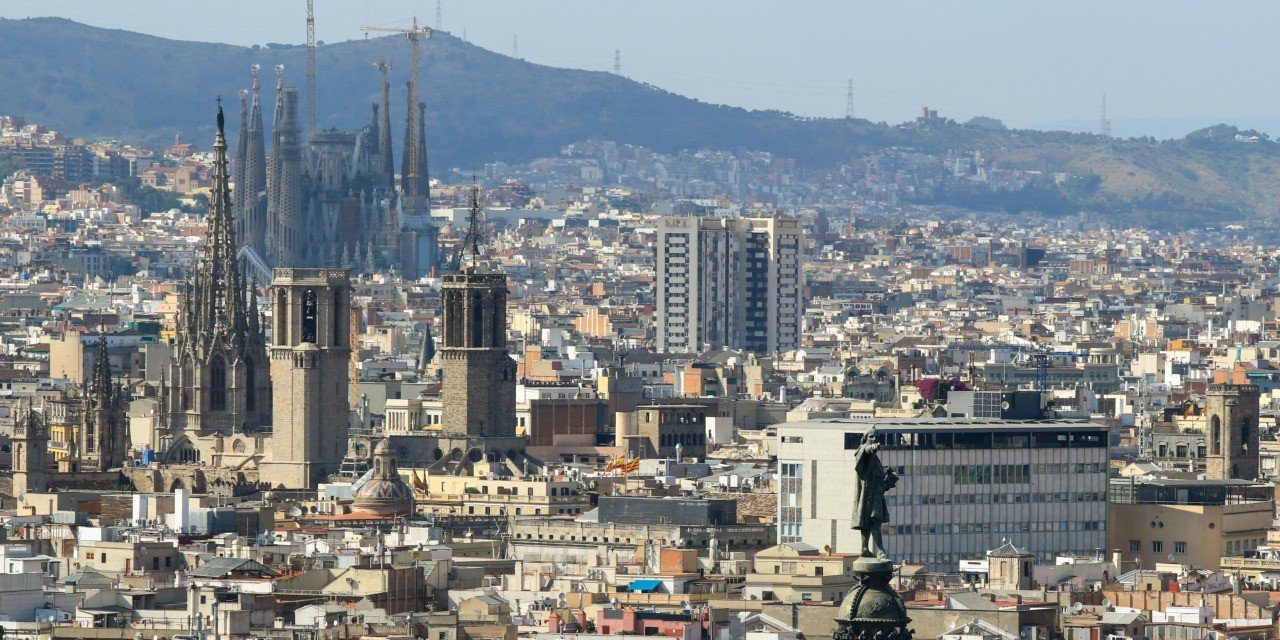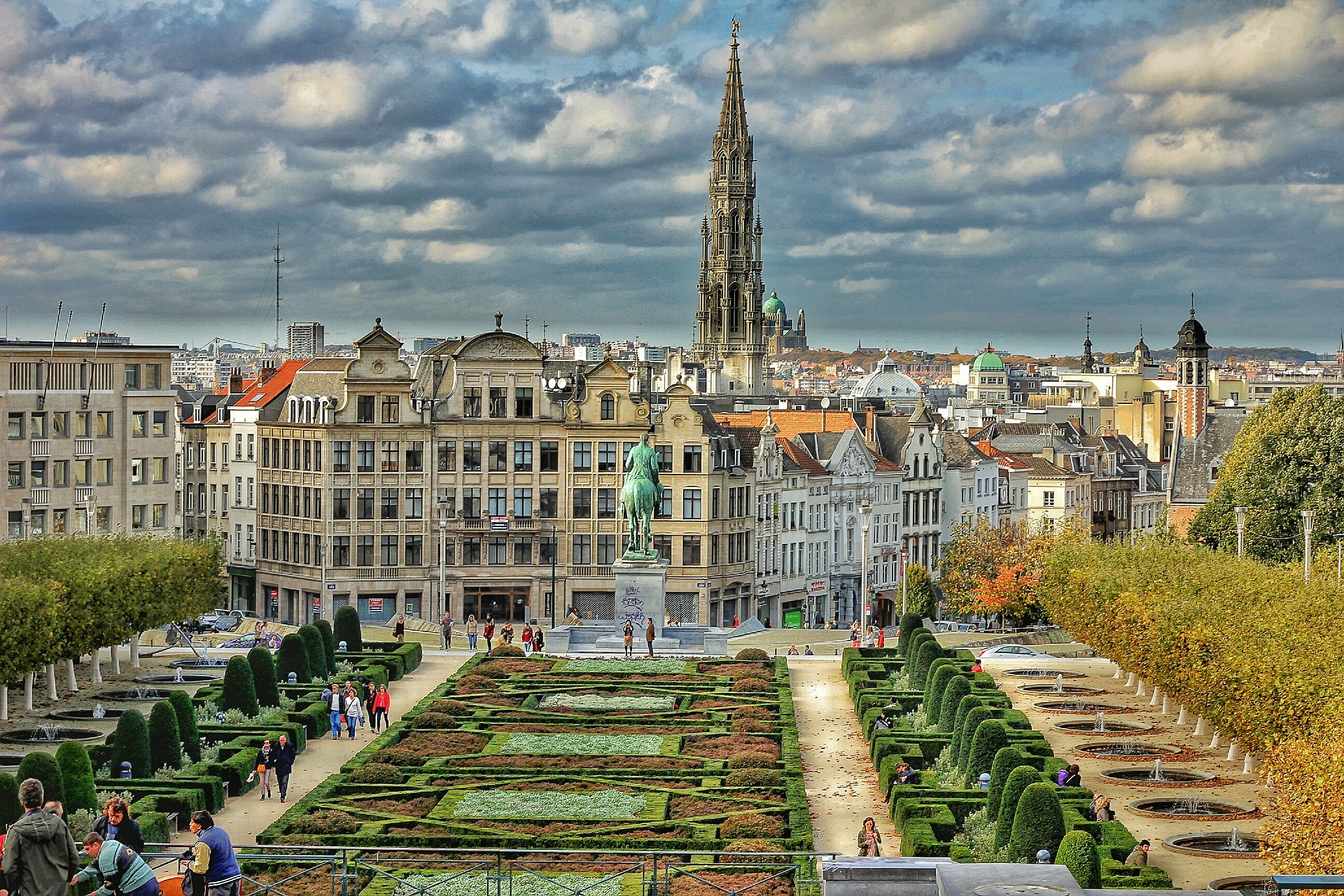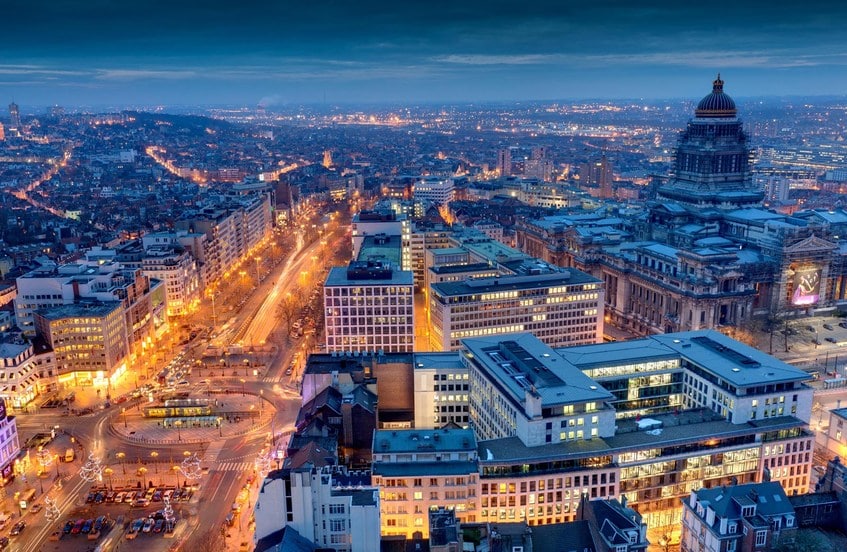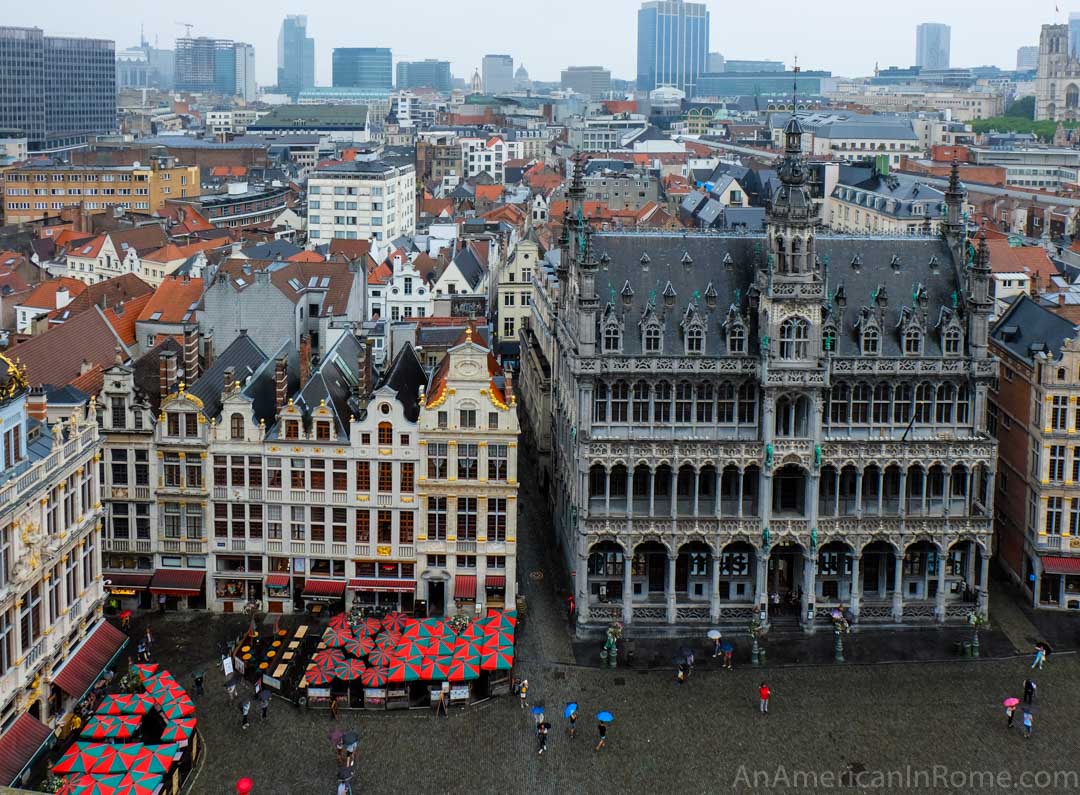Venue & Hospitality
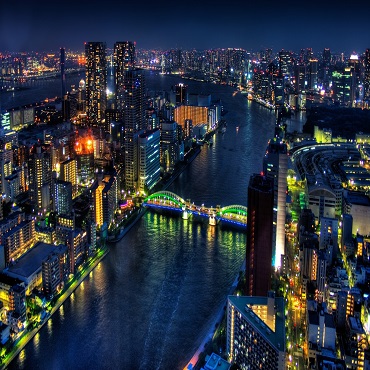


City Highlights
About City
Brussels is known for its cuisine and gastronomy, as well as its historical and architectural landmarks; some of them are registered as UNESCO World Heritage Sites. Due to its long tradition of Belgian comics, Brussels is also hailed as a capital of the comic strip. Brussels is a safe city. However, it has the highest crime rates in Belgium. So if there is one place where you should be extra vigilant in Belgium, it's Brussels. During the day, be careful of pickpockets. For families and young professionals, Brussels is a massively popular choice for a relocation. It doesn't quite offer the latte-laden, avocado-packed edge and excitement of bohemian cities like Amsterdam and Berlin, but it offers great job opportunities, excellent schools and a fantastic quality of life.
Bruges is a major attraction for tourists, with its perfectly-preserved medieval streets rimming tranquil canals that lure flocks of travelers each year. But plenty of other towns in the country particularly Ghent and Mechelen retain excellent architectural examples from the Middle Ages as well.
How to reach Brussels, Belgium:
By Air:
Diabolo infrastructure provides a quick and direct link between the SNCB station under the airport terminal and the main stations in Brussels (Brussels-Nord, Brussels-Central and Brussels-Midi). Direct trains run every 15 minutes in both directions. It takes just 17 minutes to travel into Central Brussels.
By Rail:
Getting to Belgium from neighbouring European countries is the best by train as it is comfortable as well as cheaper than airlines. There are direct trains between Brussels and Rotterdam, Luxembourg, Paris, Lyon, London, Ashford, Ebbsfleet, Frankfurt and Basel. Almost 10 Eurostar trains connect Brussels to London everyday. One can also travel on the France's Trains a grand vitesse, which is a high speed TGV train that connects Paris, Lyons or Geneva to Belgium.
- Grand Place, Brussels
- The Canals and Belfry of Bruges
- The Battlefields of Flanders
- Ghent's Gravensteen and Old Town
- Horta Museum and Town Houses
- Cathedral of Saint Bavo, Ghent
- Basilica of the Holy Blood, Bruges
- Grand Place (Grote Markt), Antwerp
Top Medical Univerisities in Belgium:
- Catholic University of Leuven.
- Ghent University.
- University Catholique of Louvain.
- Université Libre de Bruxelles.
- University of Antwerp.
- University of Liège.
- Free University of Brussels.
- Institute of Tropical Medicine
Venue

